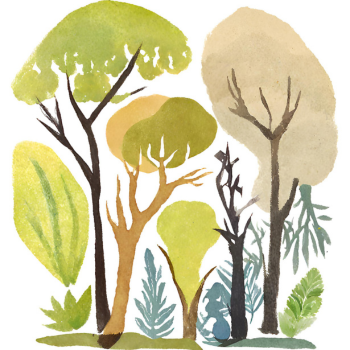Projects and Initiatives
Horizons of Hope Film Series
Overview
In 1995, Pope John Paul II released the Vatican Film List – a list of forty-five films significant to the Catholic faith. Among them were the German Expressionist SciFi film, Metropolis (1927); the 1933 classic film adaption of Little Women by Louisa May Alcott, an early talkie whose cast includes a young Katharine Hepburn; and the 1922 adaptation of Bram Stoker’s novel, Dracula, Nosferatu. Alongside these films, a fourth, Roberto Benigni’s 1997 Life is Beautiful – which Pope Leo recently named as his favorite movie – will be screened in a film series that invites the audience to participate in a rich conversation about faith, film, and the cultivation of the interior life.

Screening Schedule
March 9th: Nosferatu: A Symphony of Horror - 7 p.m. at the Sheen Center (New York, NY)
March 23rd: Little Women - 7 p.m. at the Sheen Center (New York, NY)
April 13th: Metropolis - 7 p.m. at the Sheen Center (New York, NY)
April 23rd: Life is Beautiful - 4:30 p.m. at Coolidge Corner Theater (Brookline, MA)
Partners
Faith Fiction and Flourishing Colloquium
A Colloquium on Literature and the Life Well Lived
Thursday, November 6 -
Friday, November 7, 2025
Boston College Campus
The program will be available mid-October 2025.
At a time when cultural forces seem to be conspiring against slow, attentive engagement with and enjoyment of the poetic arts, it is imperative that those who seek to cultivate a society in which individuals and communities can renew our commitment to the value of literature. Participants in this two-day colloquium will be invited to examine not only how a healthy literary culture contributes to human flourishing but how such a culture might be realized in a world that has largely lost its capacities for wonder, enchantment, and the artfulness of the spiritual living.
Participants
Sponsors

Department of Formative Education

English and Creative Writing Department




At University of Birmingham



At University of Virginia


Cura Psychologia: Cultivating a More Virtuous Psychological Science
.png)
The Cura Psychologia Project fosters a collaborative network of 18 faculty ambassadors from six Jesuit Catholic Universities—Boston College, the College of the Holy Cross, Fordham University, Georgetown University, Loyola Marymount University, and Seattle University—to inspire transformative change within their psychology departments. This initiative aims to broaden psychology's scope at Jesuit institutions, focusing on character virtue formation, ethical reasoning, and moral discernment.
Psychology & the Other Conference
The Psychology & the Other Conference is an annual event that revitalizes psychology through interdisciplinary dialogue with philosophy, theology, and the humanities. Established in 2011, it unites diverse perspectives from clinicians, academics, philosophers, theologians, and more, focusing on human identity, suffering, and potential. The conference uniquely pairs speakers from various disciplines to encourage innovative discussions.
Date:
January 8-9, 2027
Location:
Universidad Alberto Hurtado
Santiago, Chile

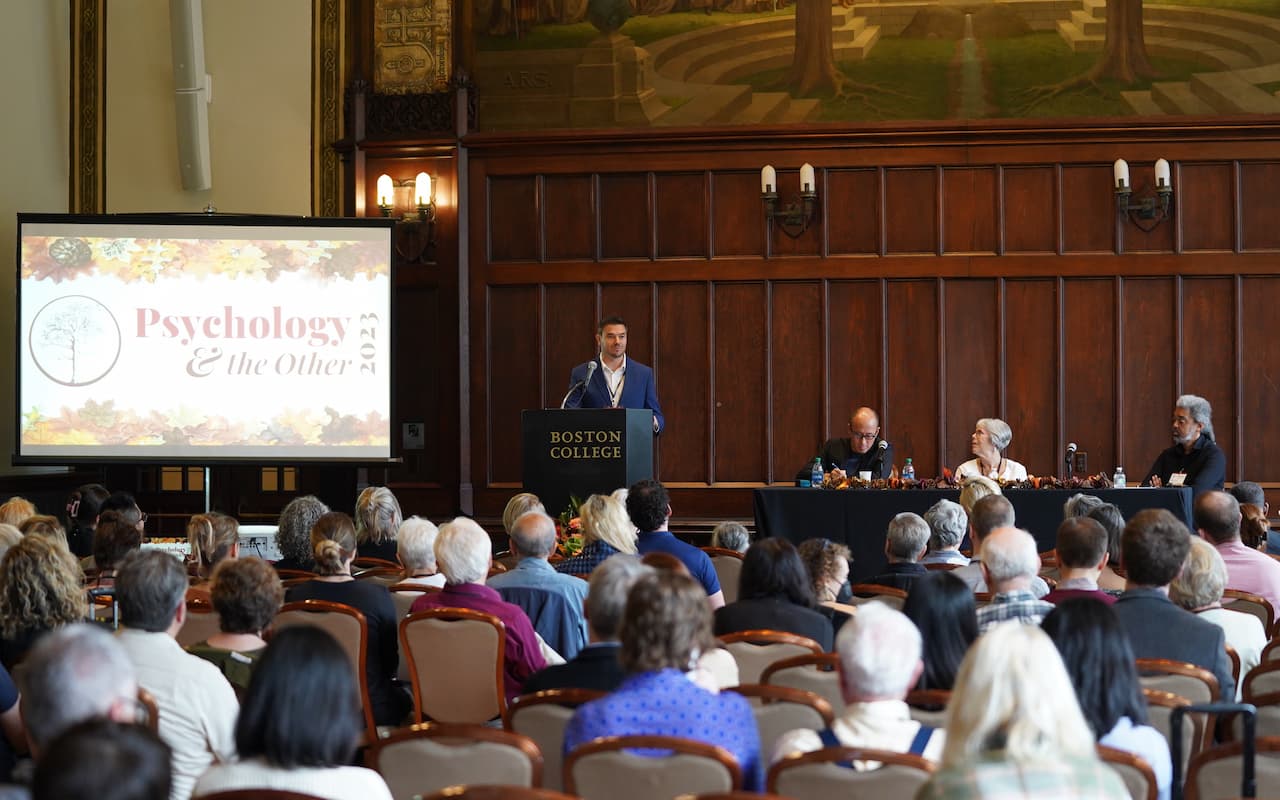

Psychological Humanities & Ethics Research Group
Made up of academics, clinicians, researchers, and students, the Center for Psychological & Humanities Ethics Research Group is a multidisciplinary community of learners that meets weekly during the academic year to produce scholarship, conference presentations, and shared research opportunities for persons invested in the fundamental questions of human life. Projects range from theoretical analyses in moral philosophy to clinical research in psychology, aimed at addressing contemporary ethical challenges in healthcare, education, and society at large.

Members
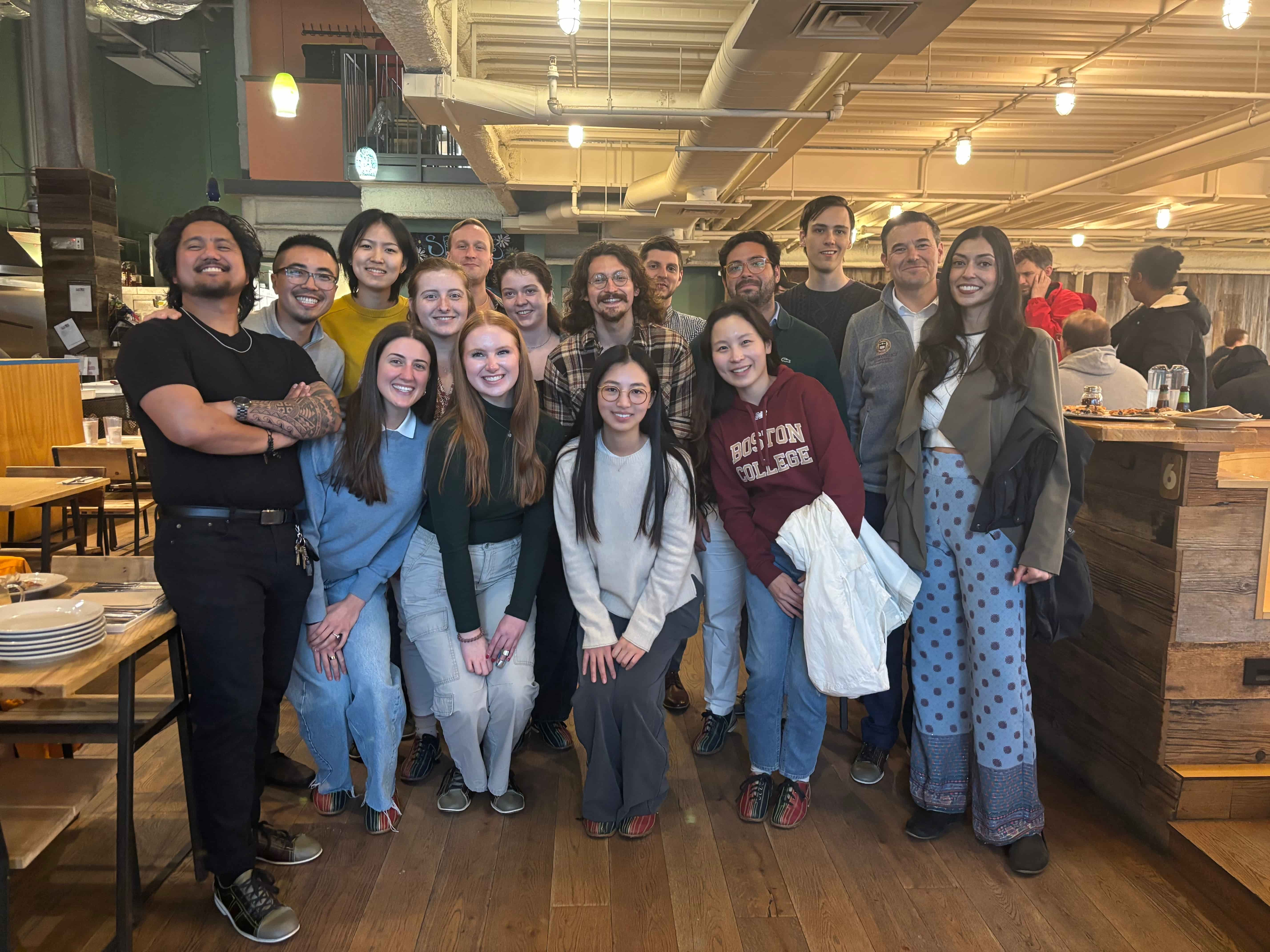
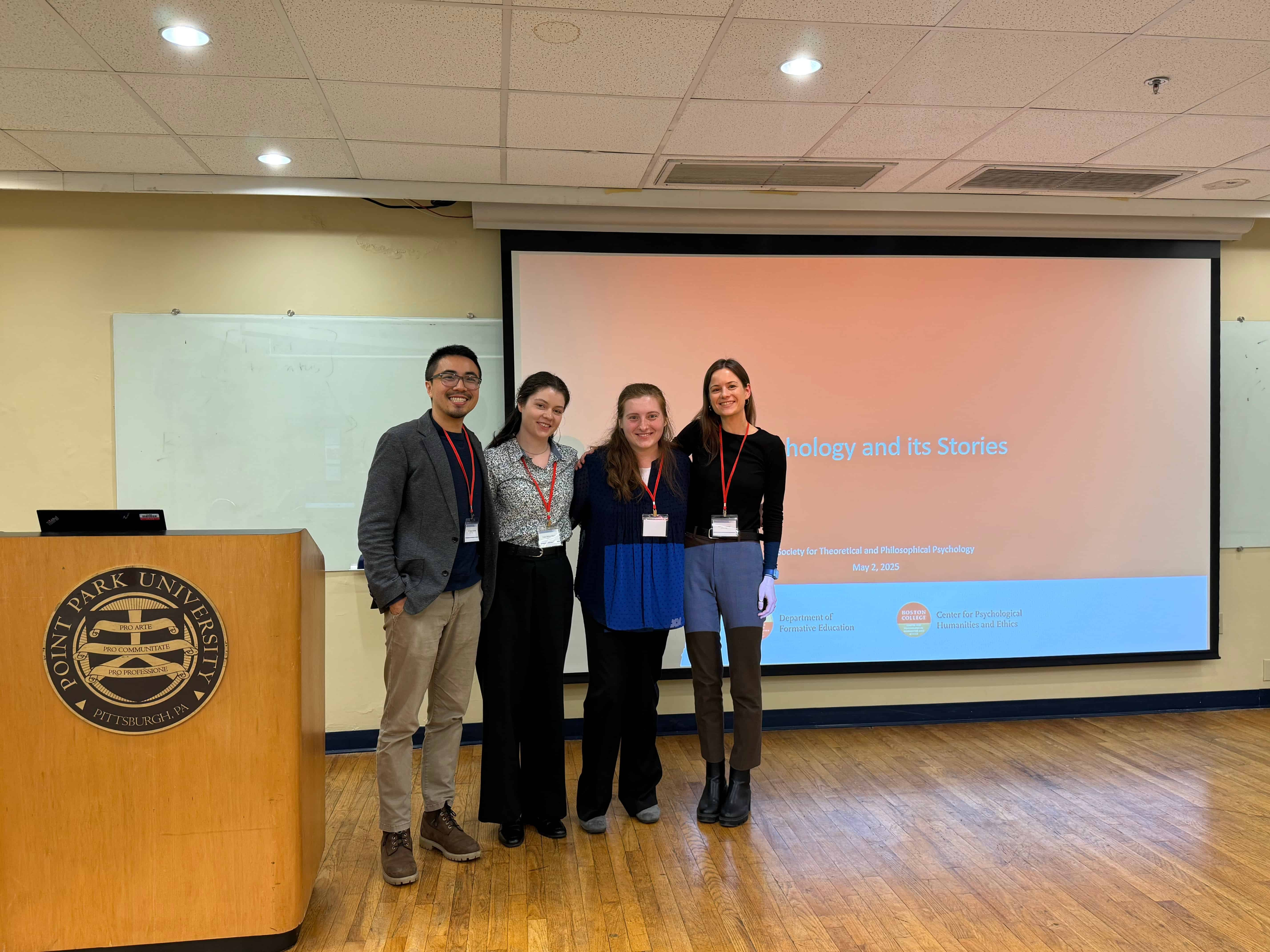
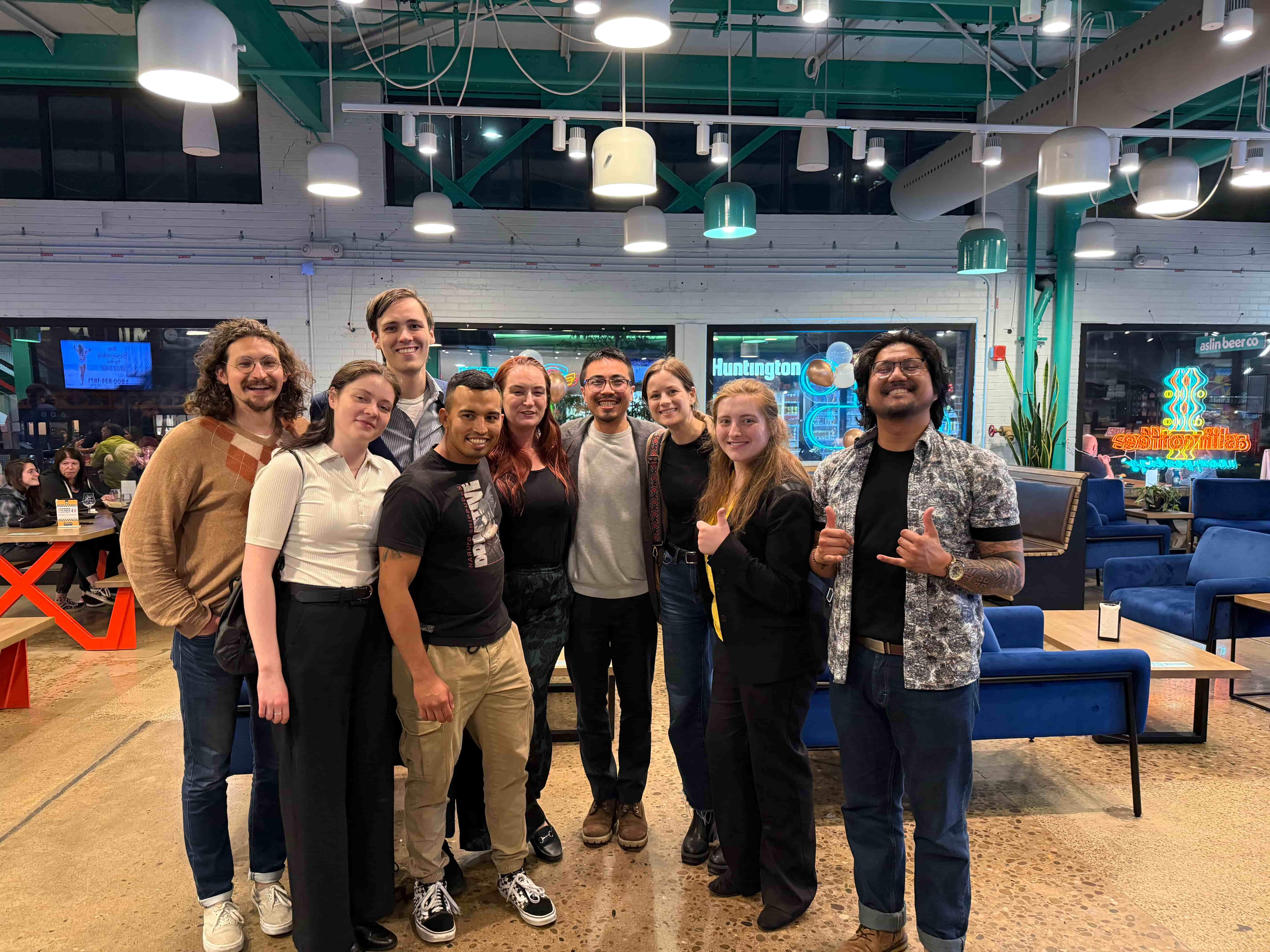
Psychological Humanities Minor
Interested in deepening your insights into the human condition by exploring themes of suffering, identity, potential, and the pursuit of the good life? Join the Psychological Humanities Minor program today.
If you are eager to minor in Psychological Humanities, we invite you to submit your application through this form.
After submitting your application, relevant faculty members will conduct a review.
Upon concluding the review, faculty members will email decision notifications. Accepted students will see their transcripts updated to include the new minor.
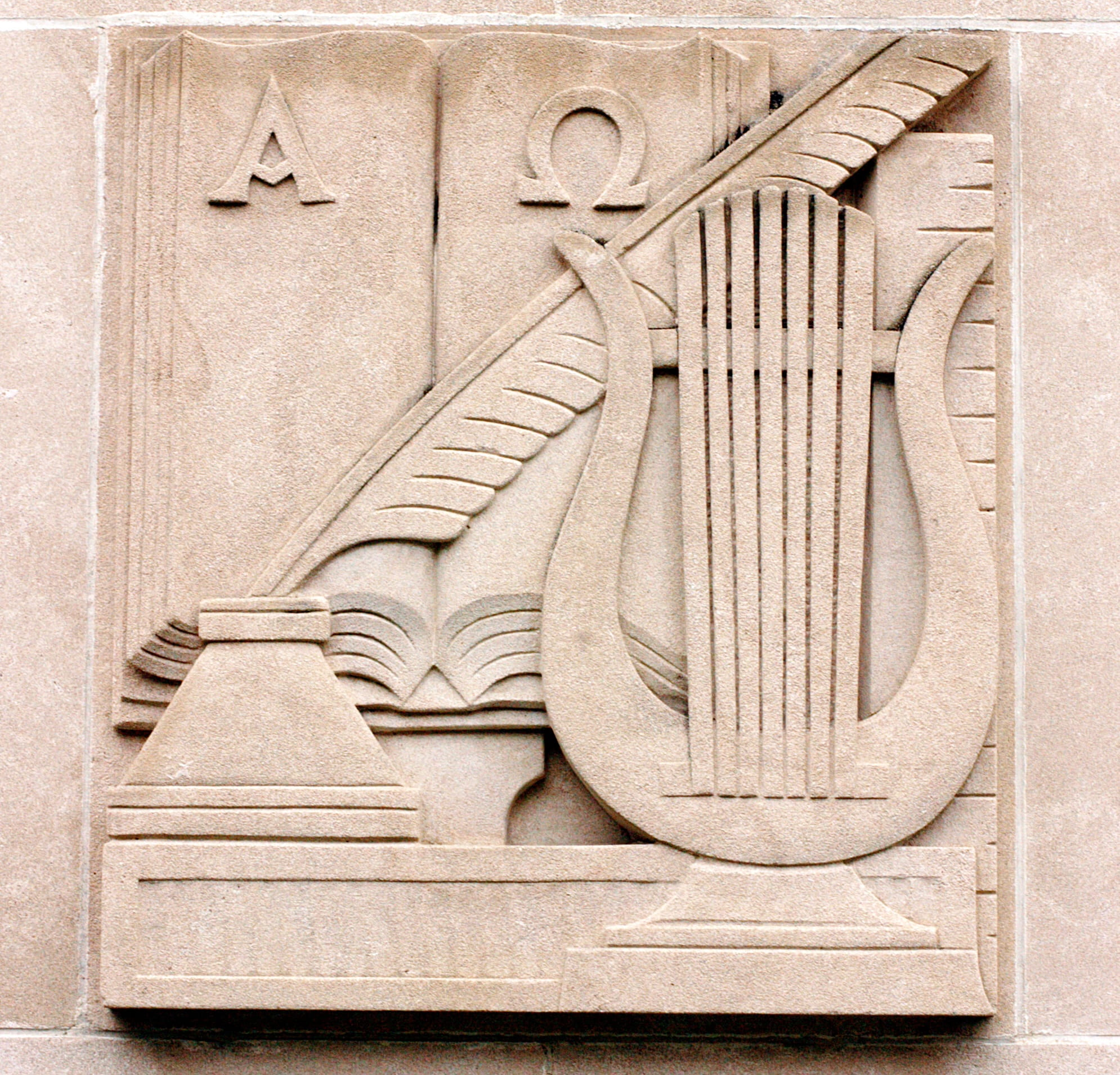
Overview
Explore the intersection of psychology and humanities by delving into thought-provoking questions about suffering, identity, potential, healing, meaning-making, character formation, and the pursuit of the good life, gaining a unique perspective that goes beyond traditional psychological science.
The minor is designed to broaden students’ understanding of psychology and the closely related ethical, spiritual, and existential dimensions of human life.
Requirements
3 credits
The first course every student will take upon beginning the minor is our new Introduction to the Psychological Humanities through the Department of Formative Education.
9 credits
Students will choose three electives, one from each category: the Good, the Beautiful, and the True. Electives are organized so as to enliven a deeper appreciation for the transcendentals (Good, Beautiful, True) and how each informs our understanding of human mental life, the constitution of subjectivity, ethical development, and flourishing.
3 credits
Students will participate in one formative seminar which is meant to foster growth in students’ spiritual, ethical, psychological, and professional discernment.
3 credits
Students will conclude the Minor by completing a capstone course which culminates in a project that integrates elements from their previous Psychological Humanities coursework.
Additional Resources
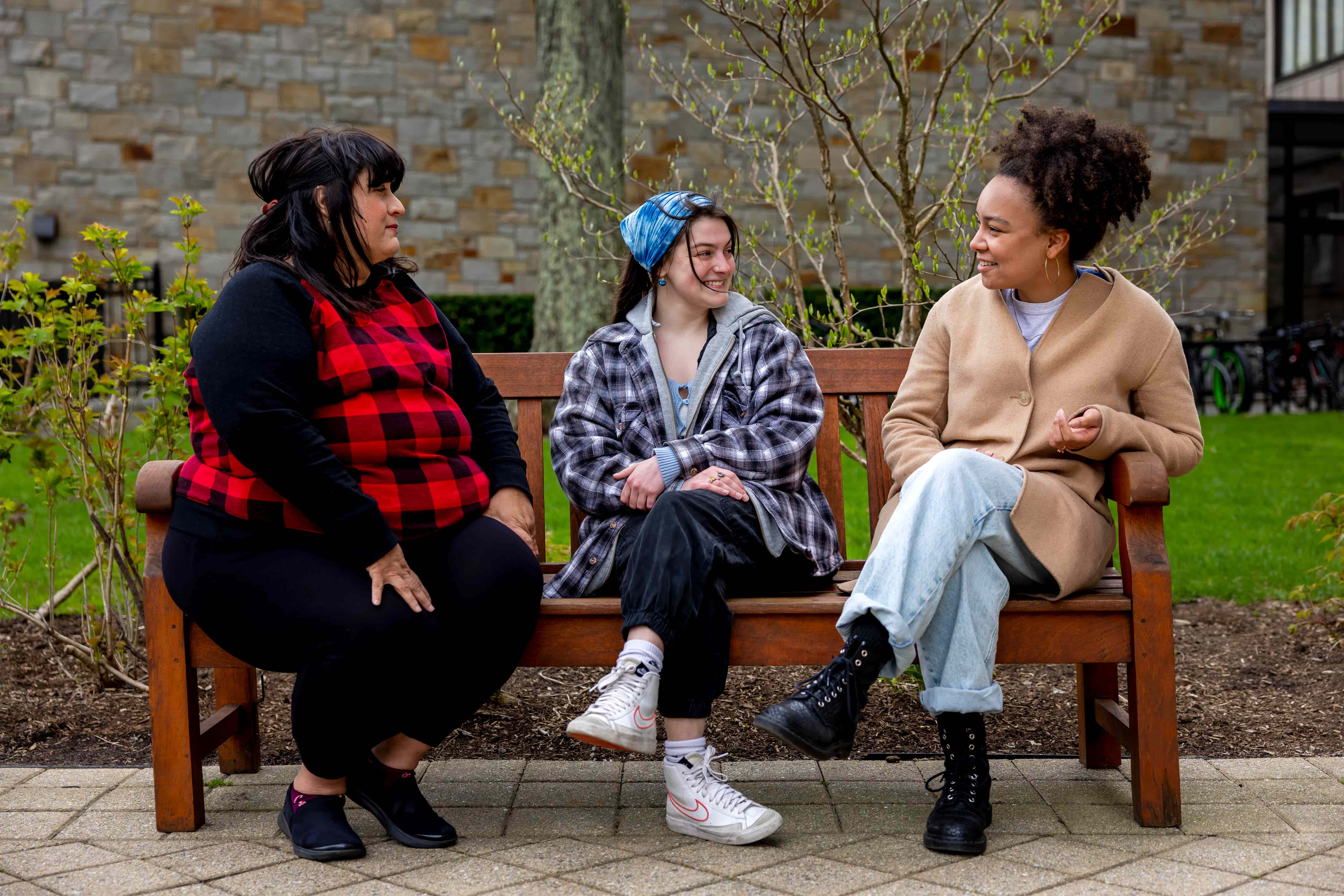
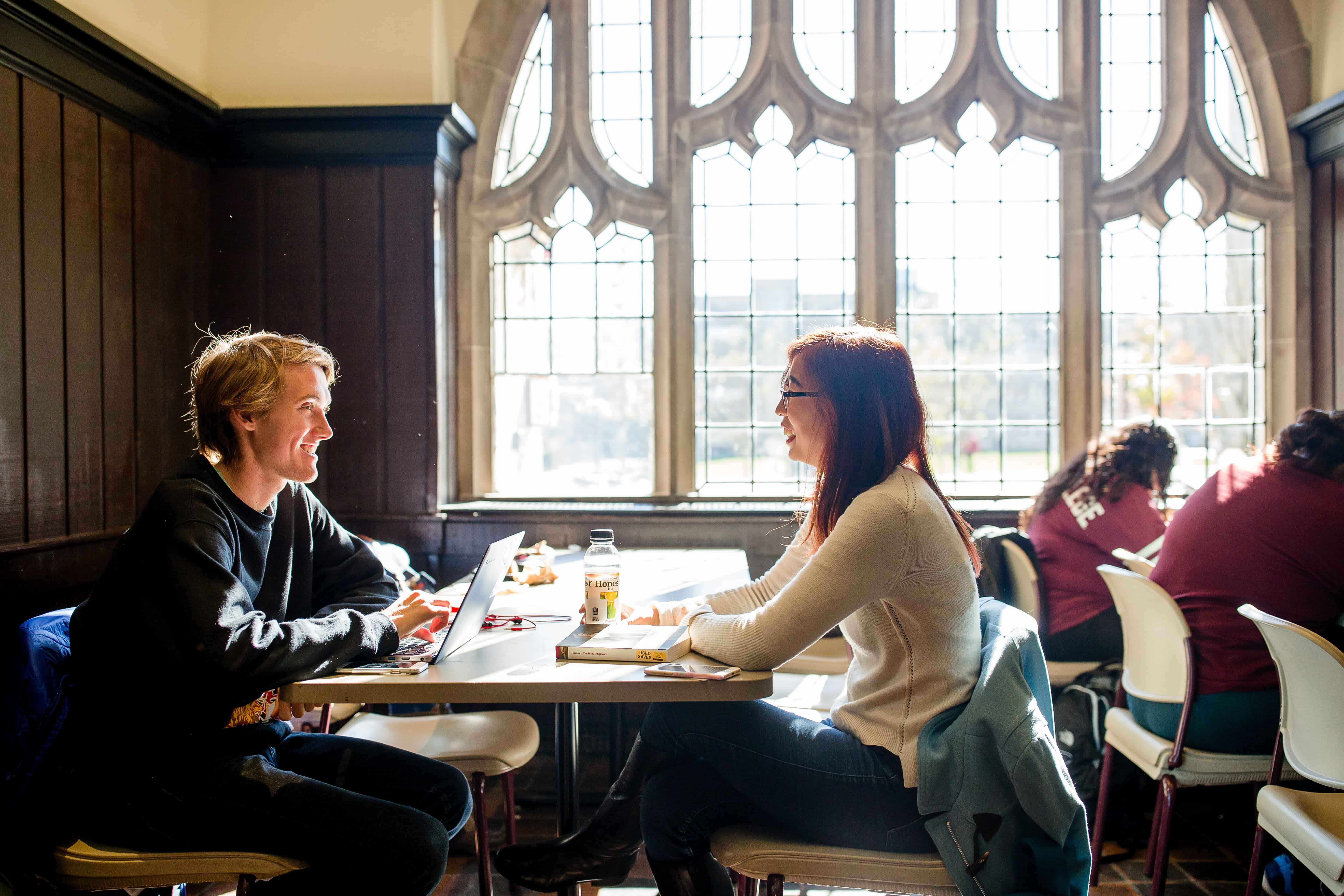
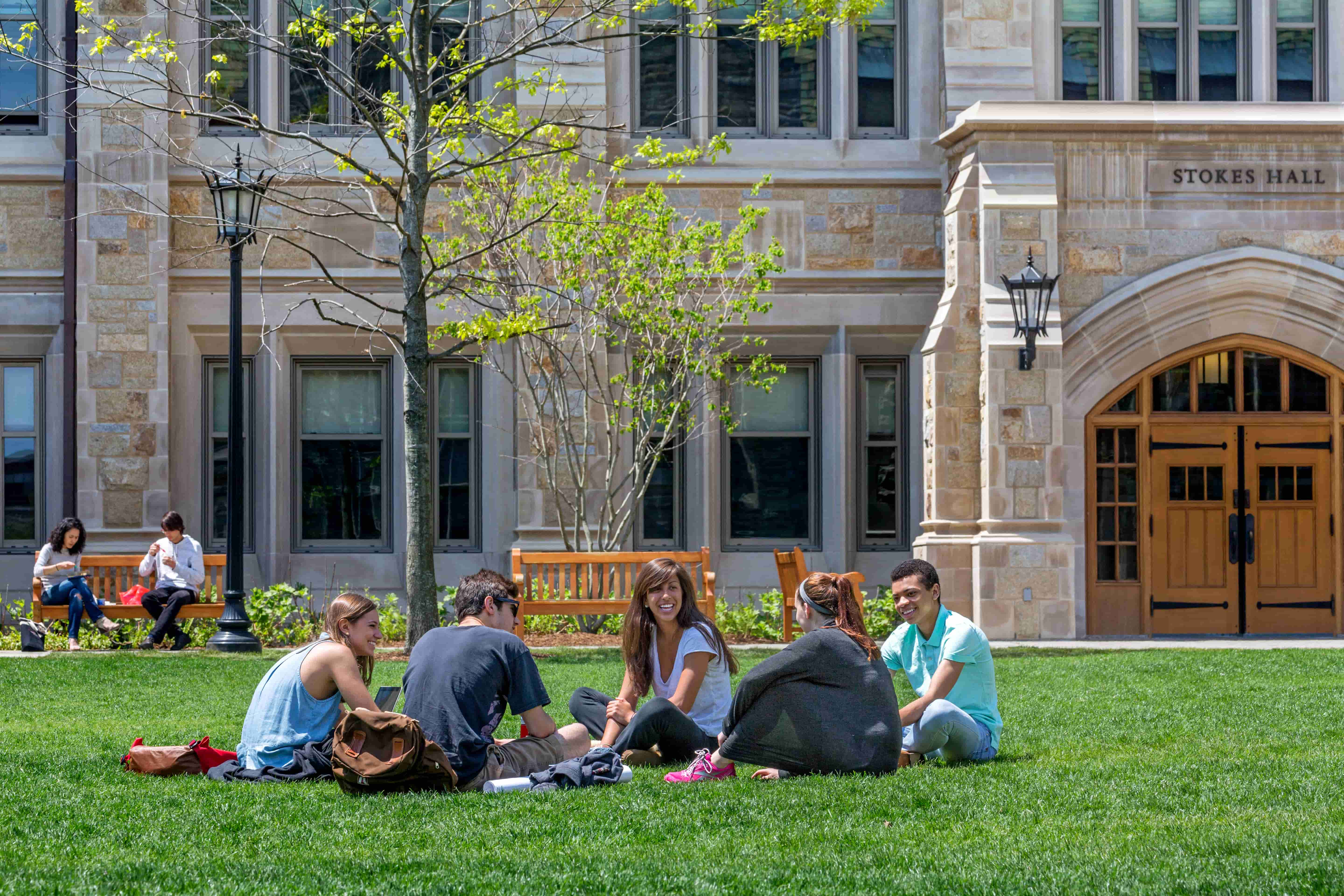
Philip Cushman Research and Educational Fund
Philip Cushman, a moral and political luminary in the field of psychology, died on August 22, 2022, the victim of a hit-and-run accident.
A beloved teacher, scholar, and clinician, Phil is remembered for his rich analysis of how the self has been conceptualized in the field of psychology, along with his historical and critical exploration of the moral and political horizons of psychotherapy.
With the establishment of this endowed Fund, created to honor Phil and foster his moral imagination for the field of psychology, we will continue this critically important work for generations to come.
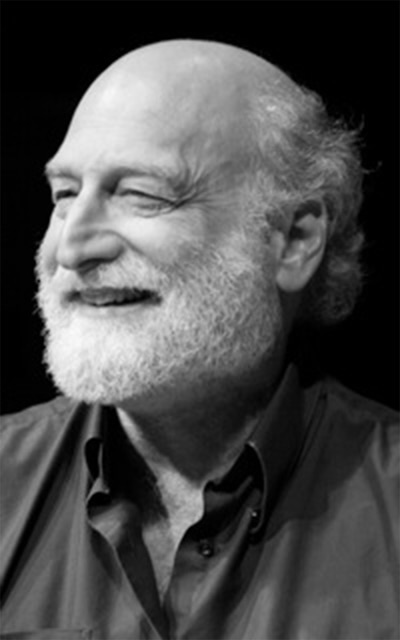
About the Fund
Through Philip Cushman’s teaching, research, mentorship, and practice, he called for a rigorous interrogation of the relationship between our configurations of self and the socioeconomic and political realities which they frequently reflect and reinforce. He called for psychology to develop the capacity to more closely consider fundamental human questions of justice and morality in its descriptions of human identity and its treatments for psychological suffering. Phil’s passion for teaching had everything to do with his belief that future generations must receive the type of investment, care, and challenge which would enable them to rise above being “maintainers of the status quo.” For good to be done in this world, particularly through the field of psychology, we must be engaged in a multigenerational project that upsets the complacency of and complicity of this helping profession and calls it to a deeper and greater standard.
2025 Student Fellows
“ Philip Cushman changed the questions I ask of psychology—and of myself. It gave language to something I felt to be deeply true the moment I encountered his work: that cultural and economic forces embedded in daily life give rise to a form of selfhood divorced from the relational nature of humanity... ”
Additional Information
In honor of Phil’s memory, the members of the Cushman family established the Philip Cushman Research and Educational Fund. Housed in the Center for Psychological Humanities and Ethics at Boston College, the Fund fosters the work to which Phil dedicated his life. Aiming at significant impact upon clinical training programs, academic departments, and the formation of a next generation of clinicians, the Fund supports academic scholarship and develops offerings which examine the moral, socioeconomic, and political questions at play within the field of psychology.
The goal of the Fund is to carry forward Phil’s commitment to theoretical, interdisciplinary, and moral inquiry through public facing offerings and student-oriented training programs. Several examples include the Center hosting an annual Philip Cushman Lecture, offering public lectures and workshops engaging areas of inquiry aligned with Phil’s aims, supporting students on an interdisciplinary research team dedicated to scholarship kindred to Phil’s work, and funding the dissemination of students’ research at conferences which are impactful upon the field of psychology. We anticipate these activities and offerings will reach a minimum of 8,000 students per year, carrying forward the concerns that Phil explored in his scholarship, teaching, and practice.
Division 24 Spring Meeting 2023
Boston College was honored to host the annual Spring Meeting of the Society for Theoretical and Philosophical Psychology (STPP – APA Division 24) in 2023. This gathering brought together scholars, practitioners, and students to build community and exchange ideas around the theory, practice, and reimagining of psychology as both a discipline and a force for social change. The conference's presidential theme was “Constructing the Psychological Humanities.”
Event Gallery
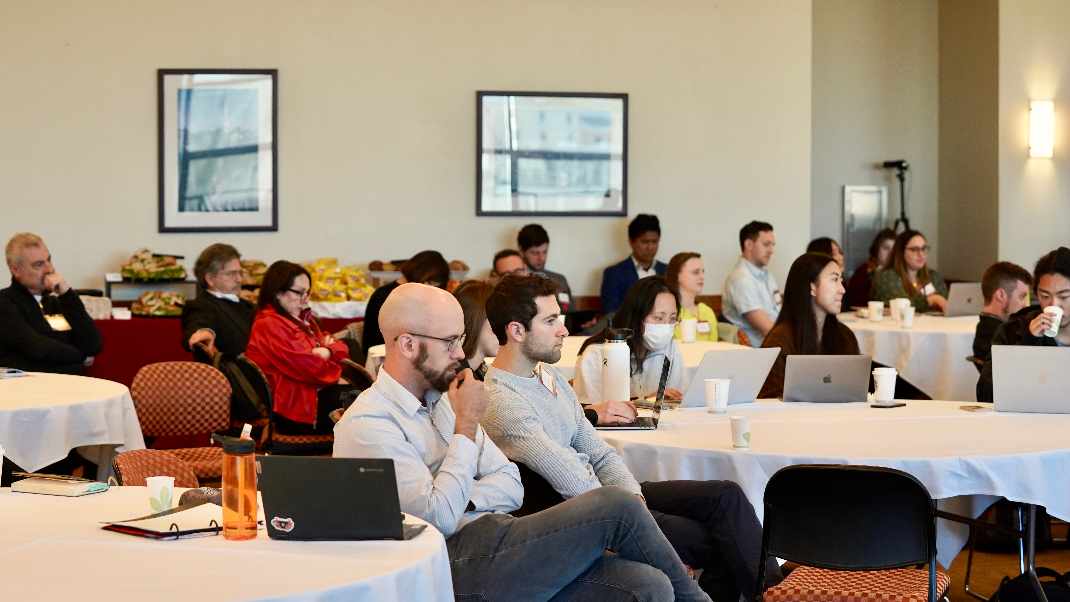
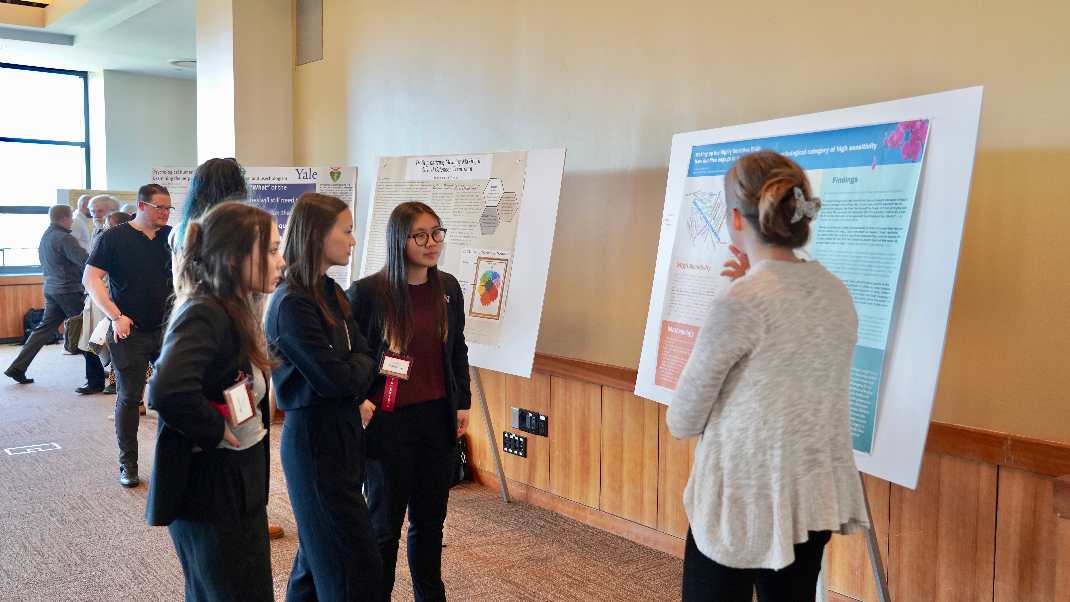
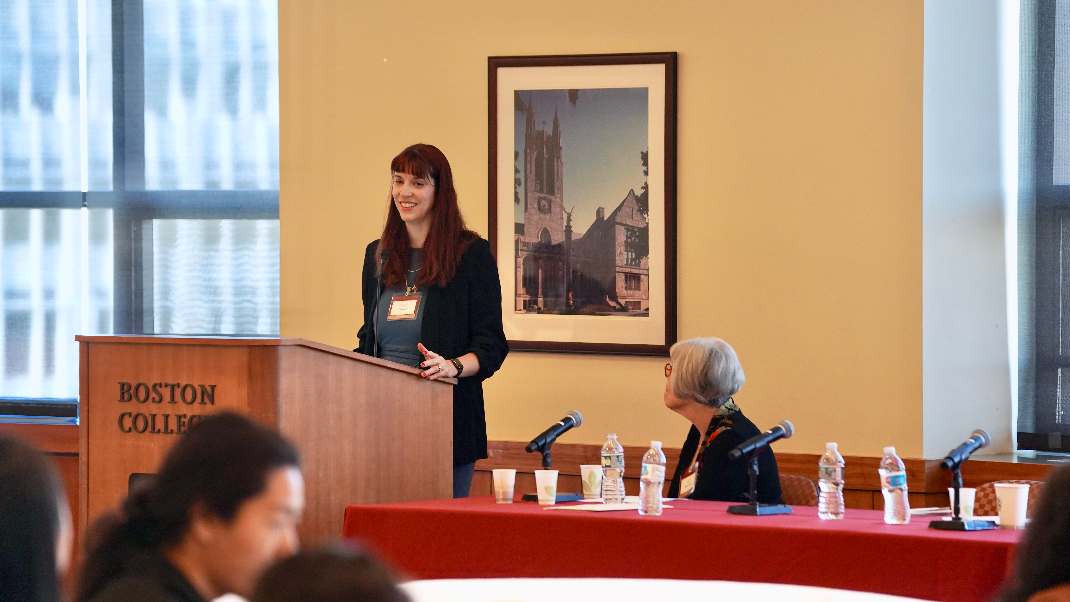
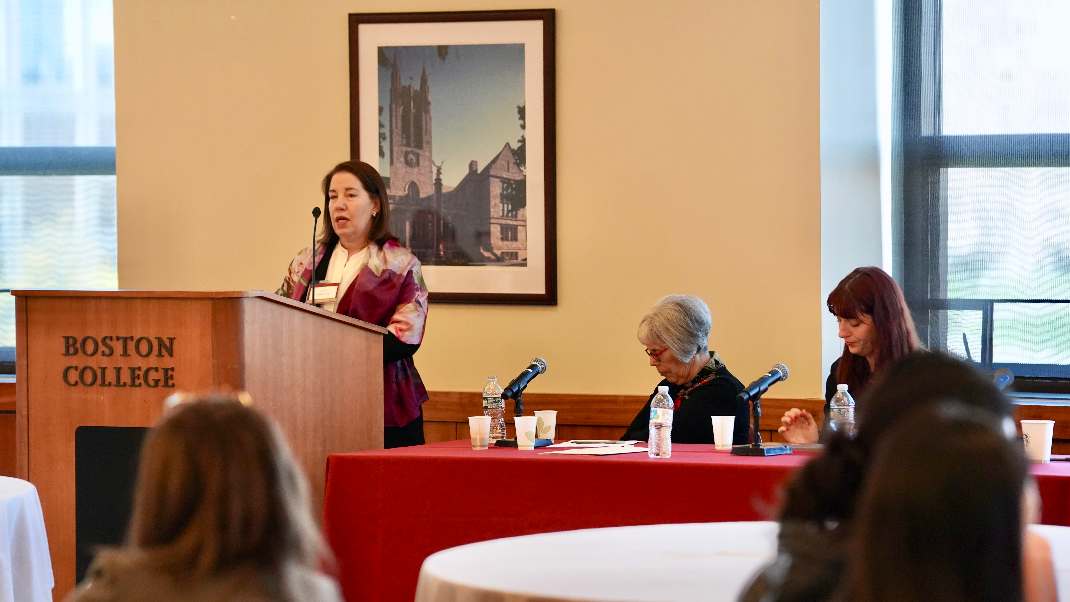
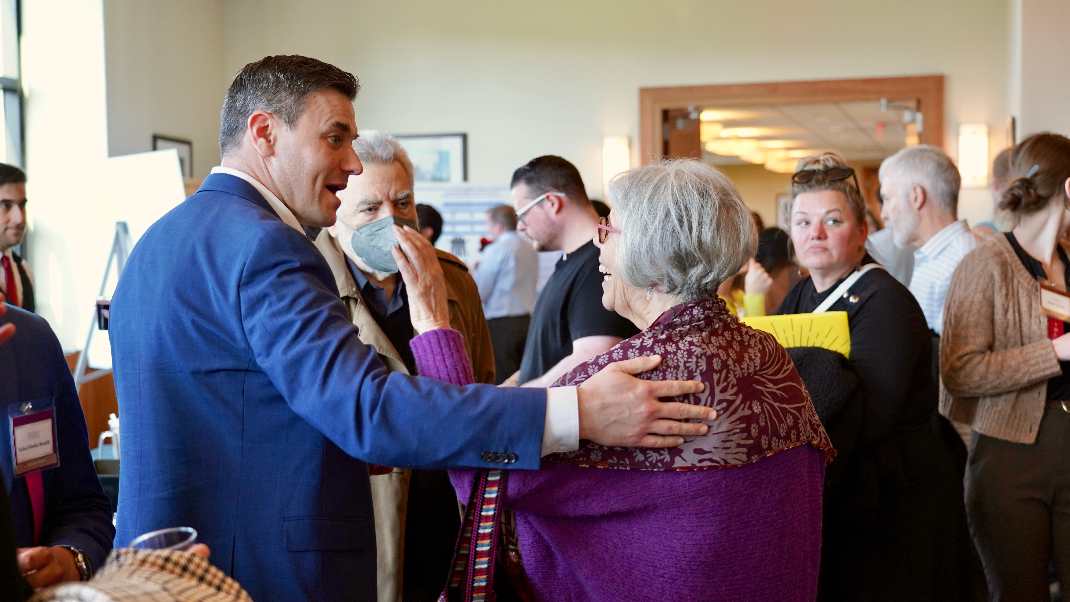
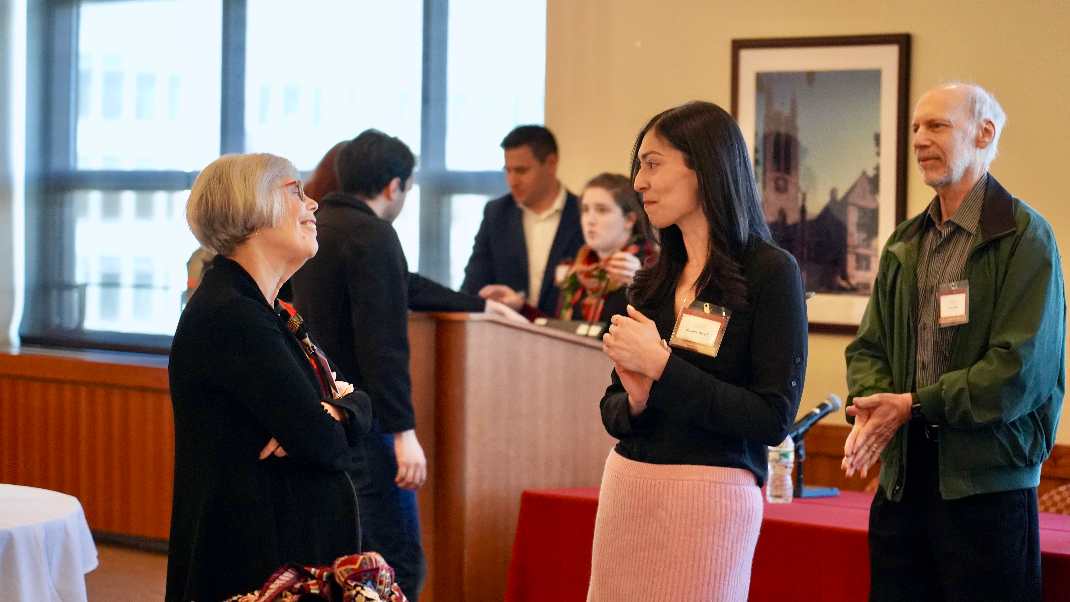
2024 Annual Meeting for the Society for Theoretical and Philosophical Psychology
The Society for Qualitative Inquiry in Psychology (SQIP) was thrilled to host their annual meeting in 2024 at Boston College. The society invited scholars, practitioners, and students to contribute to a vibrant discussion that challenges the status quo and reimagines psychological knowledge. The field of psychology stands at a critical juncture, where the imperative to reflect on and address its historical underpinnings in racism and colonialism is undeniable. The conference encouraged submissions that engage critically with psychology's racist and colonial past, offer reflexive qualitative research, and propose paradigms or methods that foreground knowledge from historically underrepresented or marginalized communities.
Conference At a Glance
Friday, June 14 -
Sunday, June 16, 2024
Boston College Campus
Event Gallery
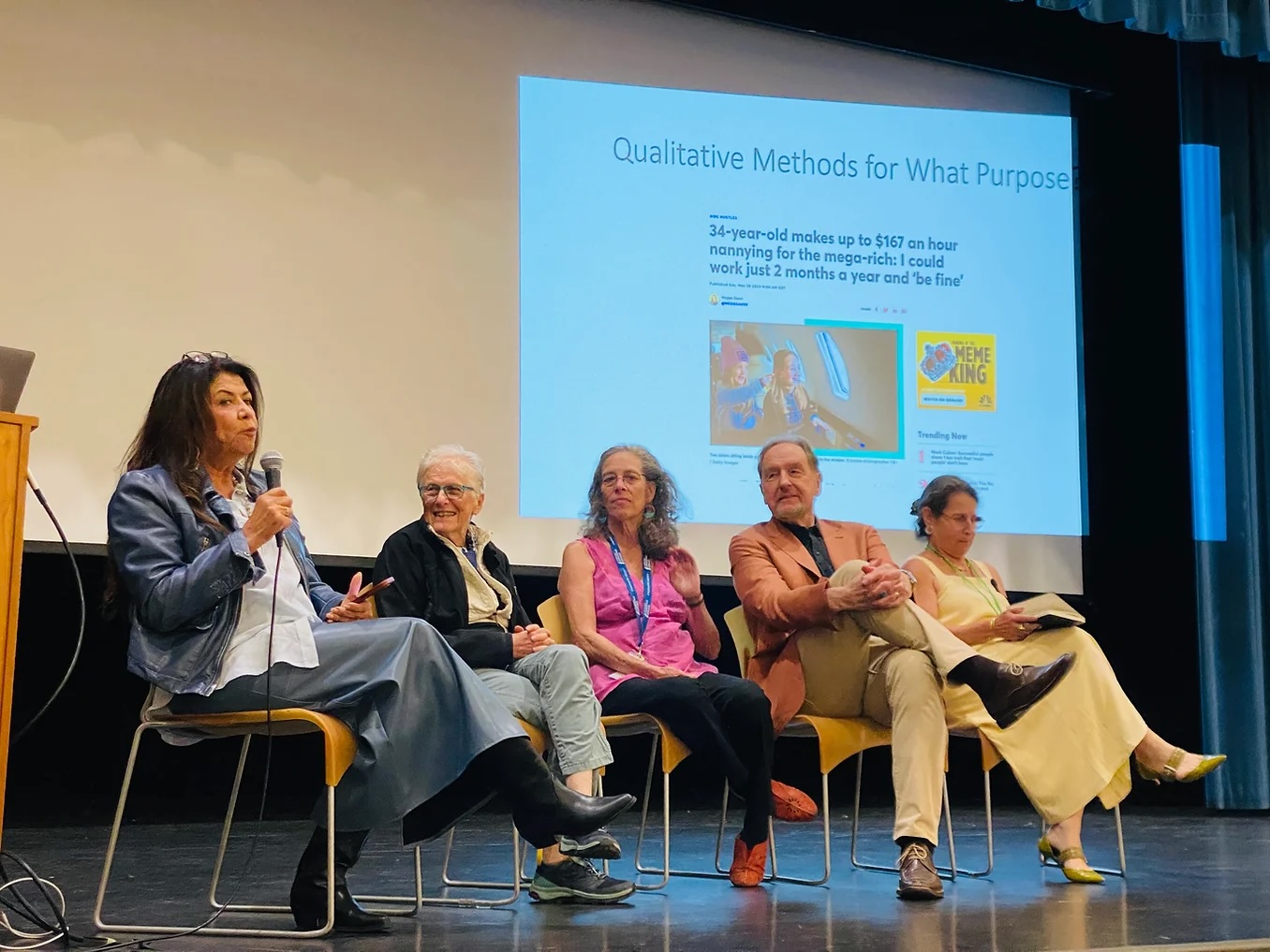
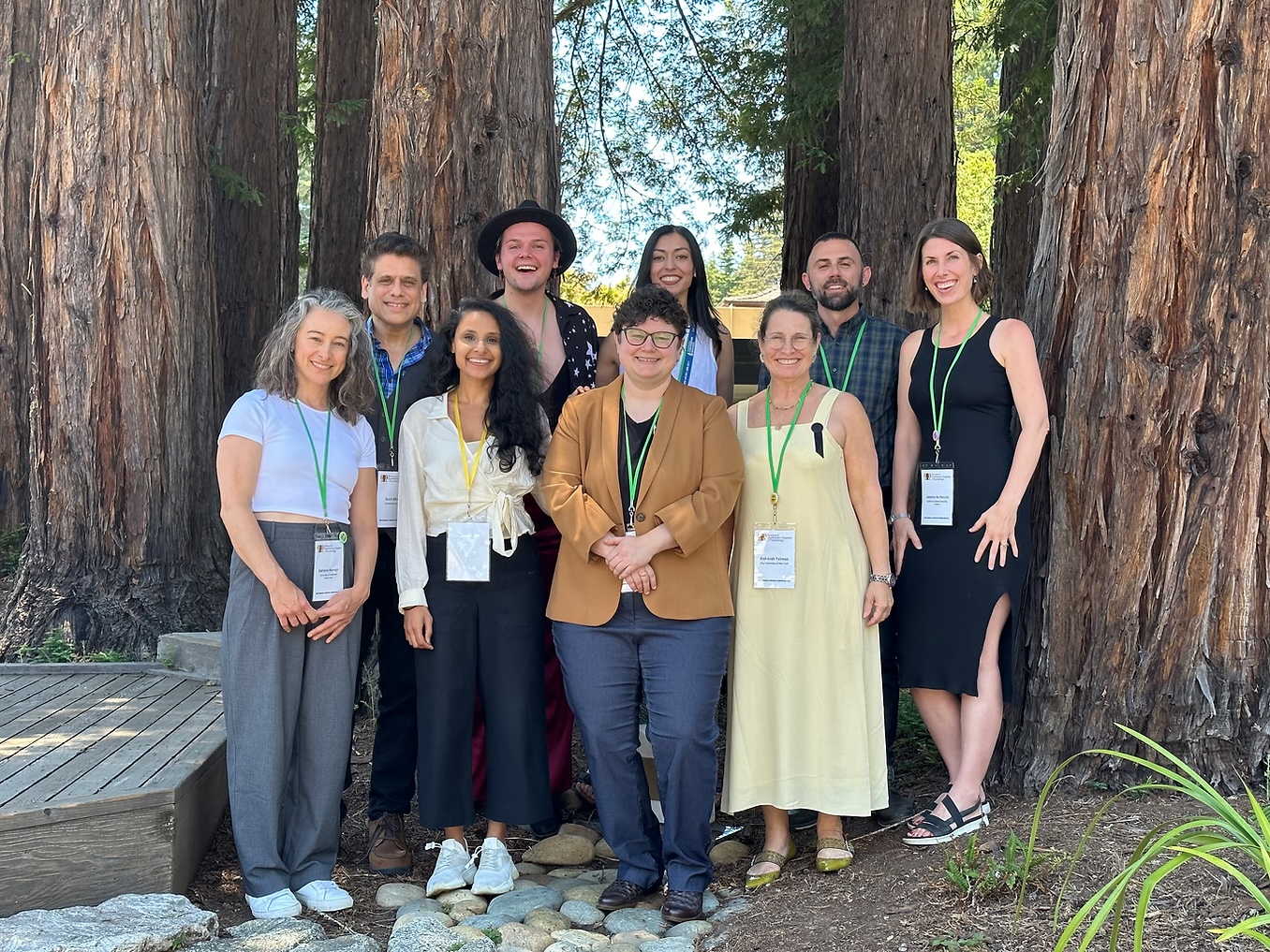
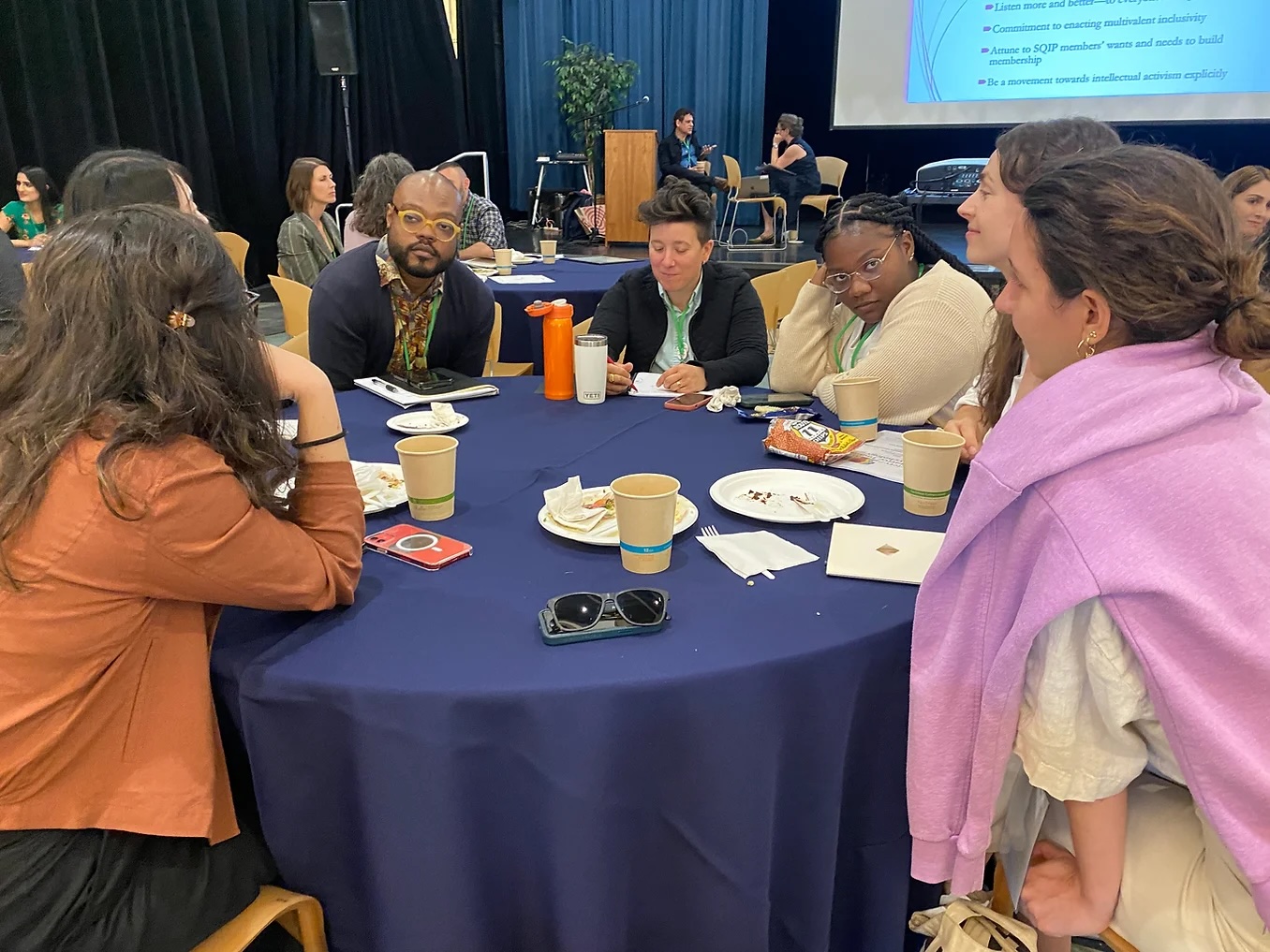
Hosting Art: A Guestbook Project Collaboration
Hosting Art with Diana Boros is an original online video series created and hosted by Diana Boros, which is supported by a joint venture of the Guestbook Project and the Center for Psychological Humanities & Ethics at Boston College. Hosting Art employs the medium of dialogue to bring together the greatest minds making, promoting, theorizing about, and educating about, public and social practice art today.
Specifically, the series focuses on discussions about the transformative capacities of art-the ability of art to encourage critique and introspection-and accordingly, the value of art in society and democracy. It explores how artistic communication and collaboration can create and deepen ties between people and within communities, and how socially engaged, or social practice, projects can serve as vehicles for “hosting” interactions, dialogues, and relationships. This project aims to become a resource for all those interested in these ideas by creating a collection of conversations that each tackle different dimensions of the complex relationship between art and political life.
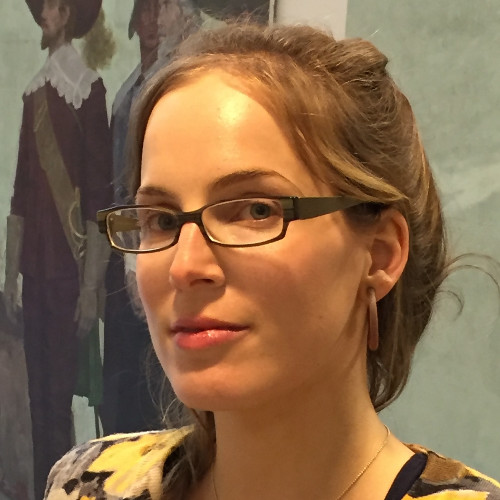
Diana Boros is Department Chair and Associate Professor of Political Theory at St. Mary’s College of Maryland, a public liberal arts institution and the national public honors college. Previously, she worked for the United States Senate, as well as for several senatorial and gubernatorial campaigns, and was also teaching professor of political science at Rutgers University, New Brunswick.
Video Library
Hosting Earth: A Guestbook Project Collaboration
The Hosting Earth initiative brings together a group of psychologically sophisticated thinkers to speak on the topic of the psyche’s relation to the earth and how we both consciously and unconsciously play guest and host to the world in which we live. From Marjolein Oele’s reflections on the dirt at our feet to Sean McGrath’s speculations on the future of our species, from James Morely’s humanistic ecology to Donna Orange’s unearthing of our most inhuman practices, from Ed Casey’s artistic hospitality to Matthew Clemente's aesthetical musings, these dialogues are rife with insight, openness, imagination, and hope.












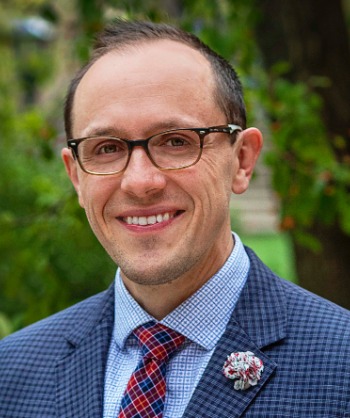

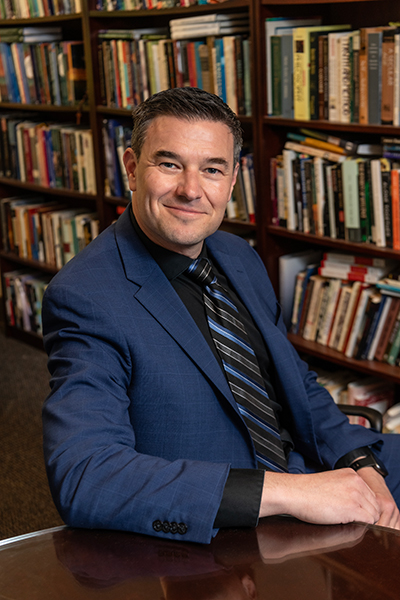
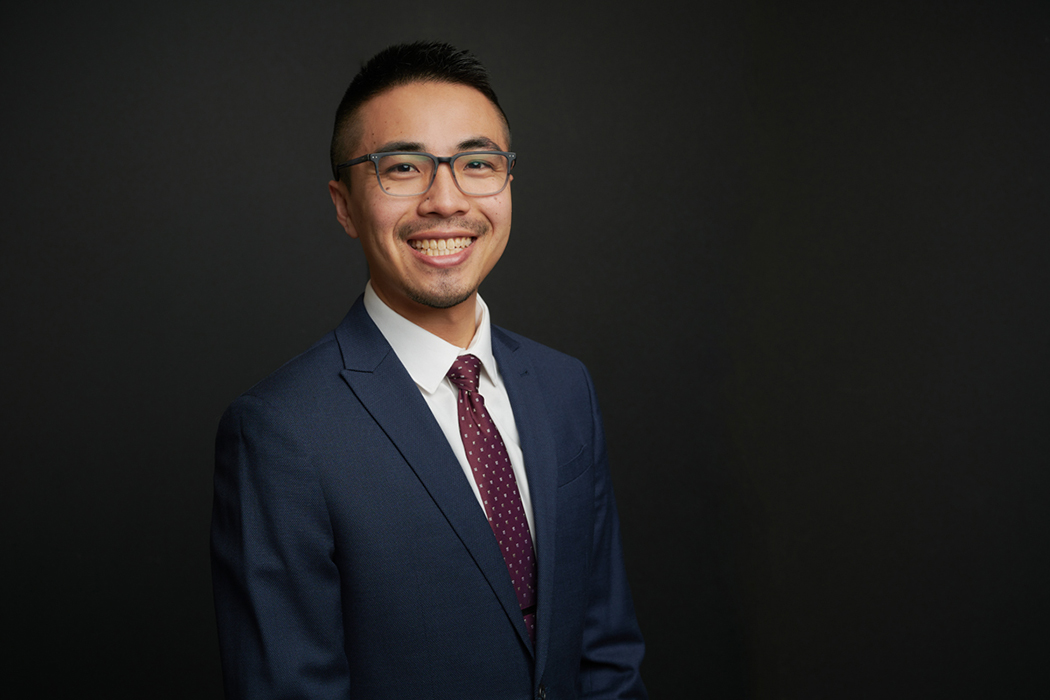

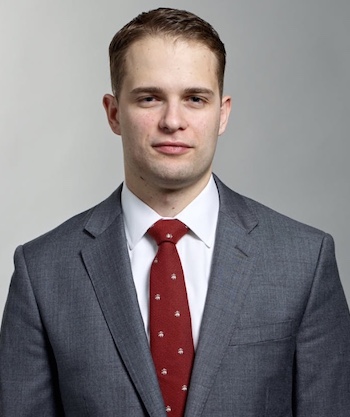












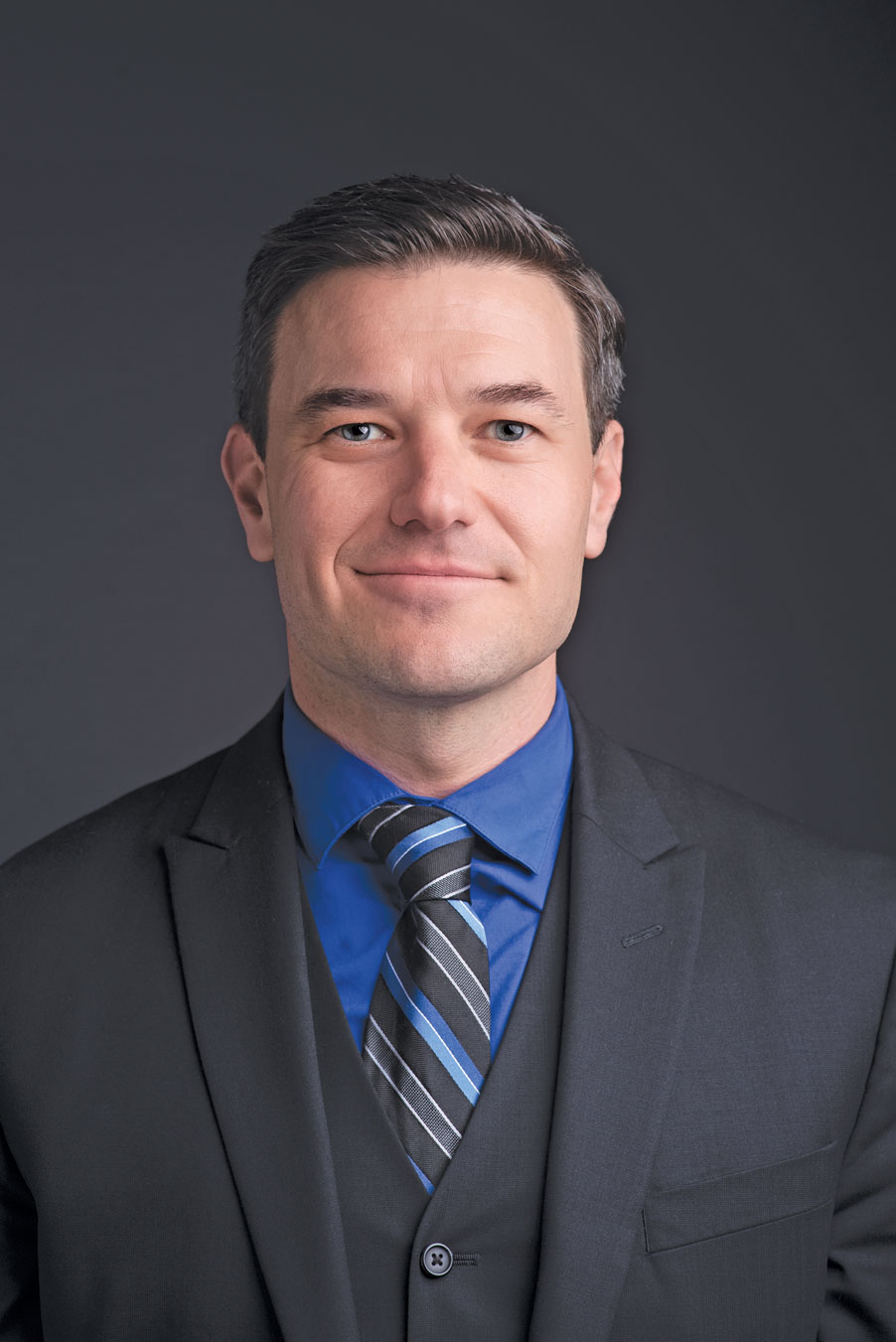
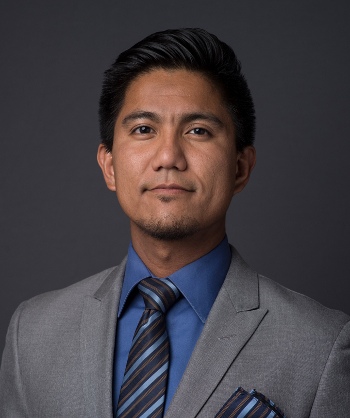

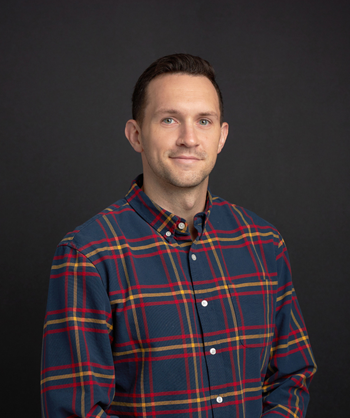

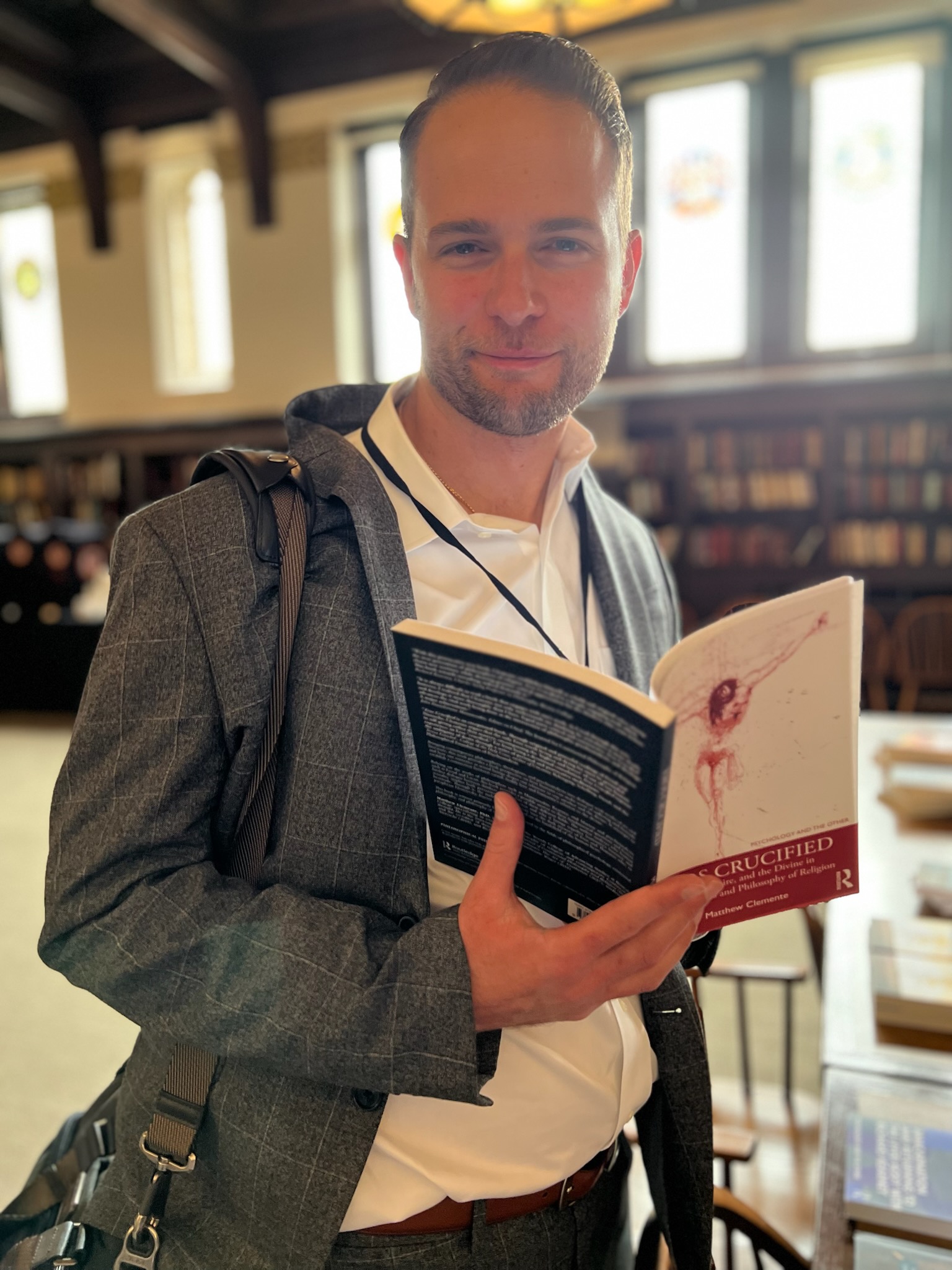
.png)
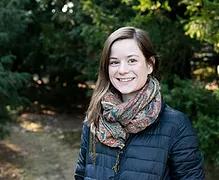
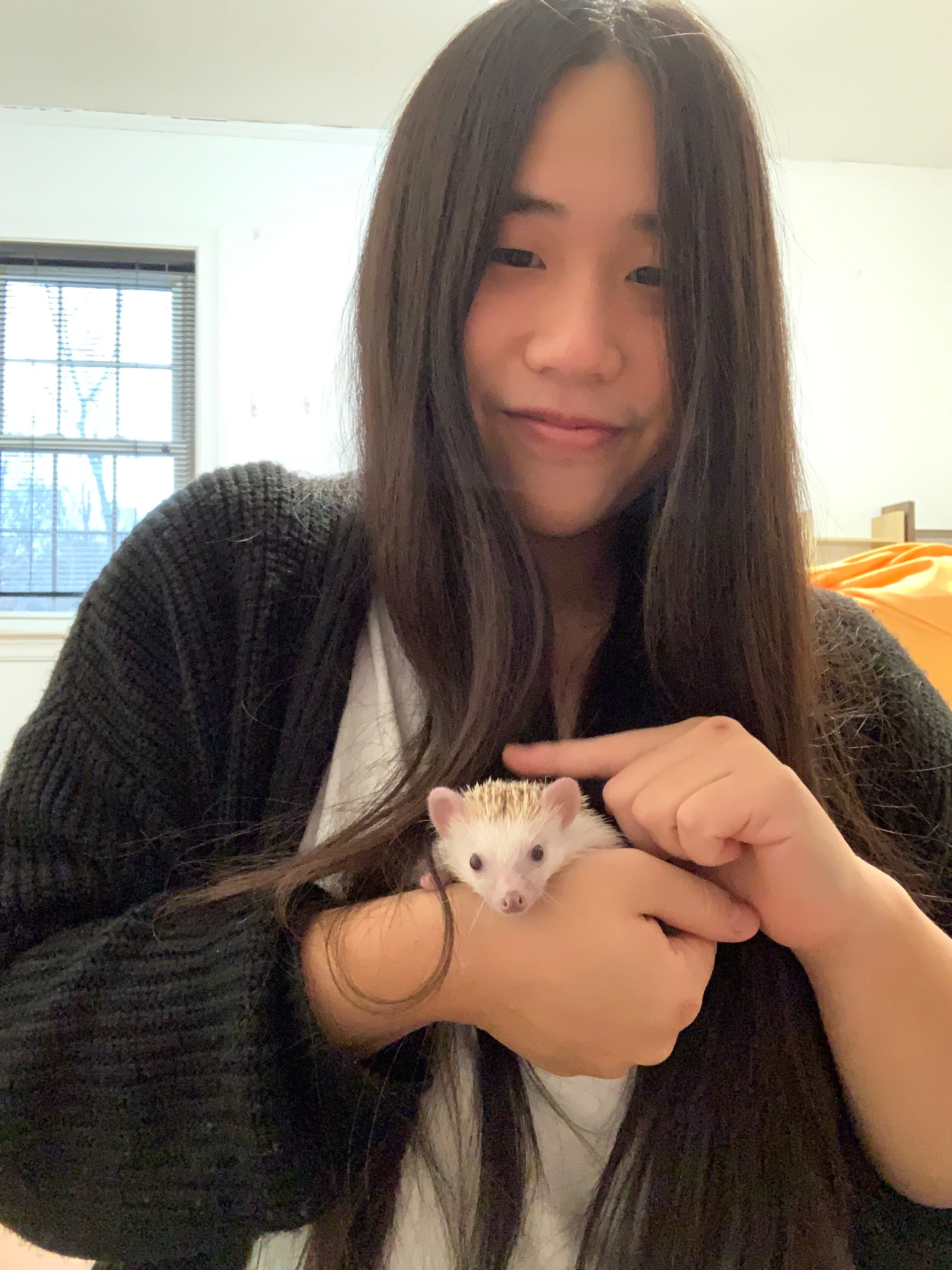
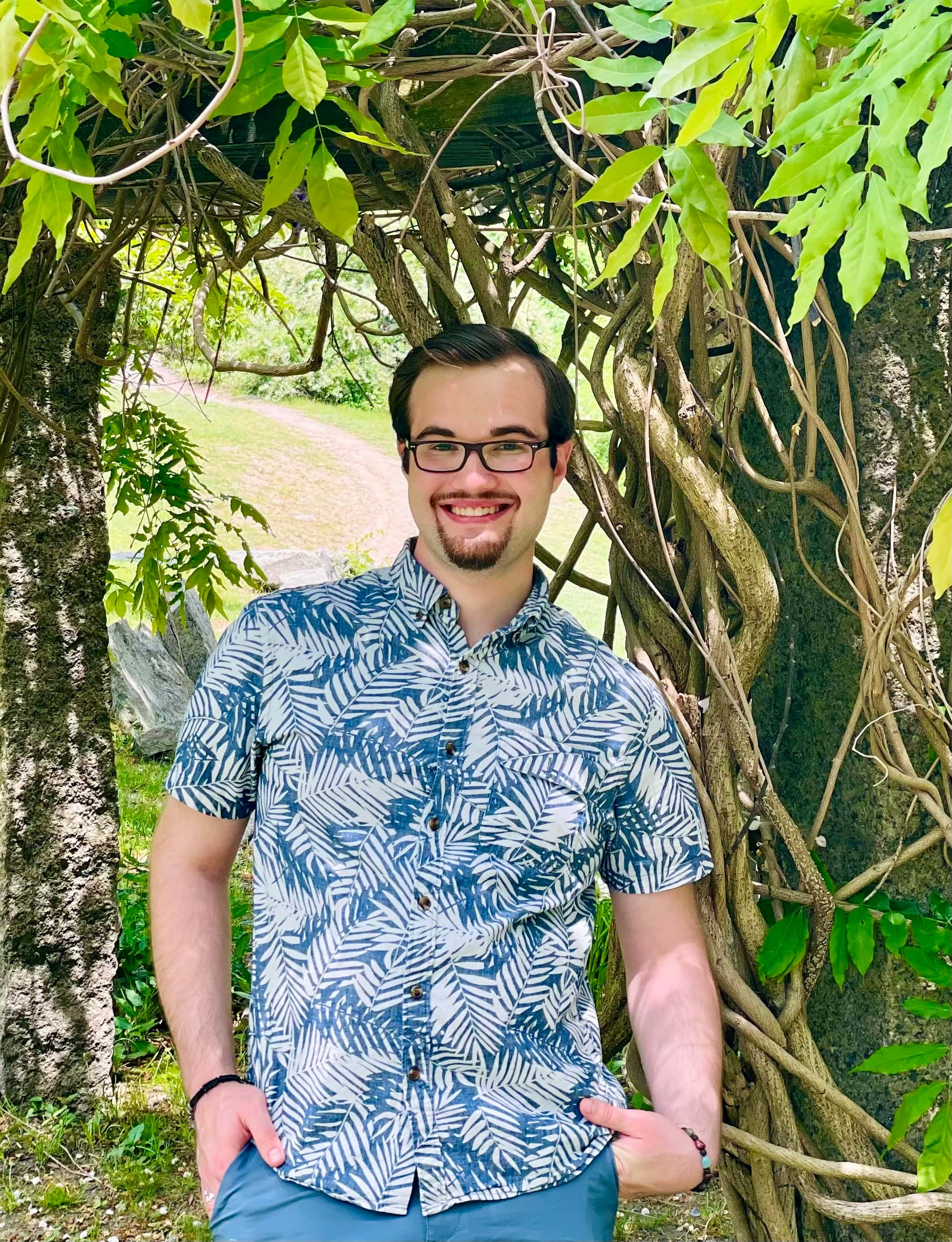


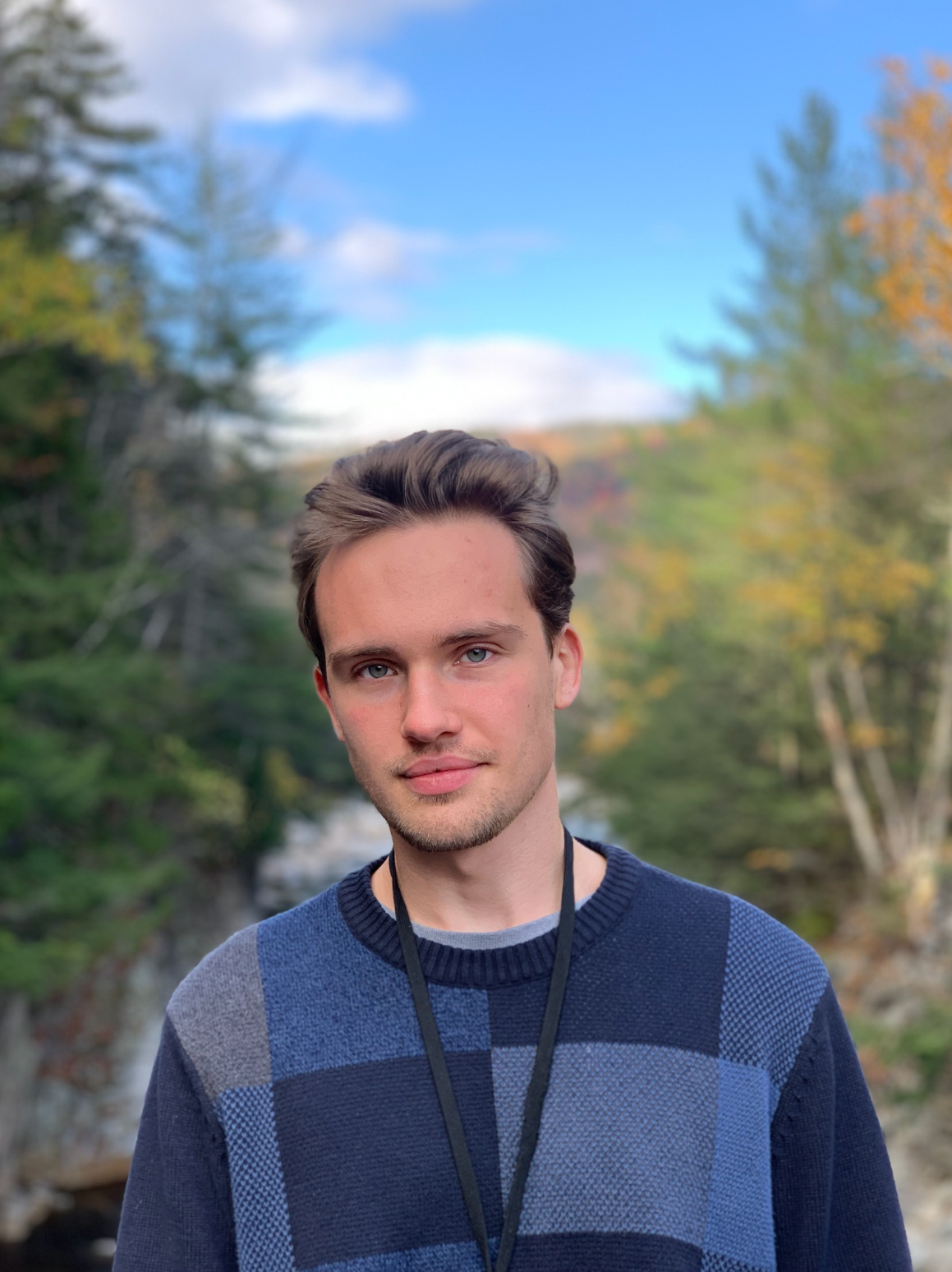

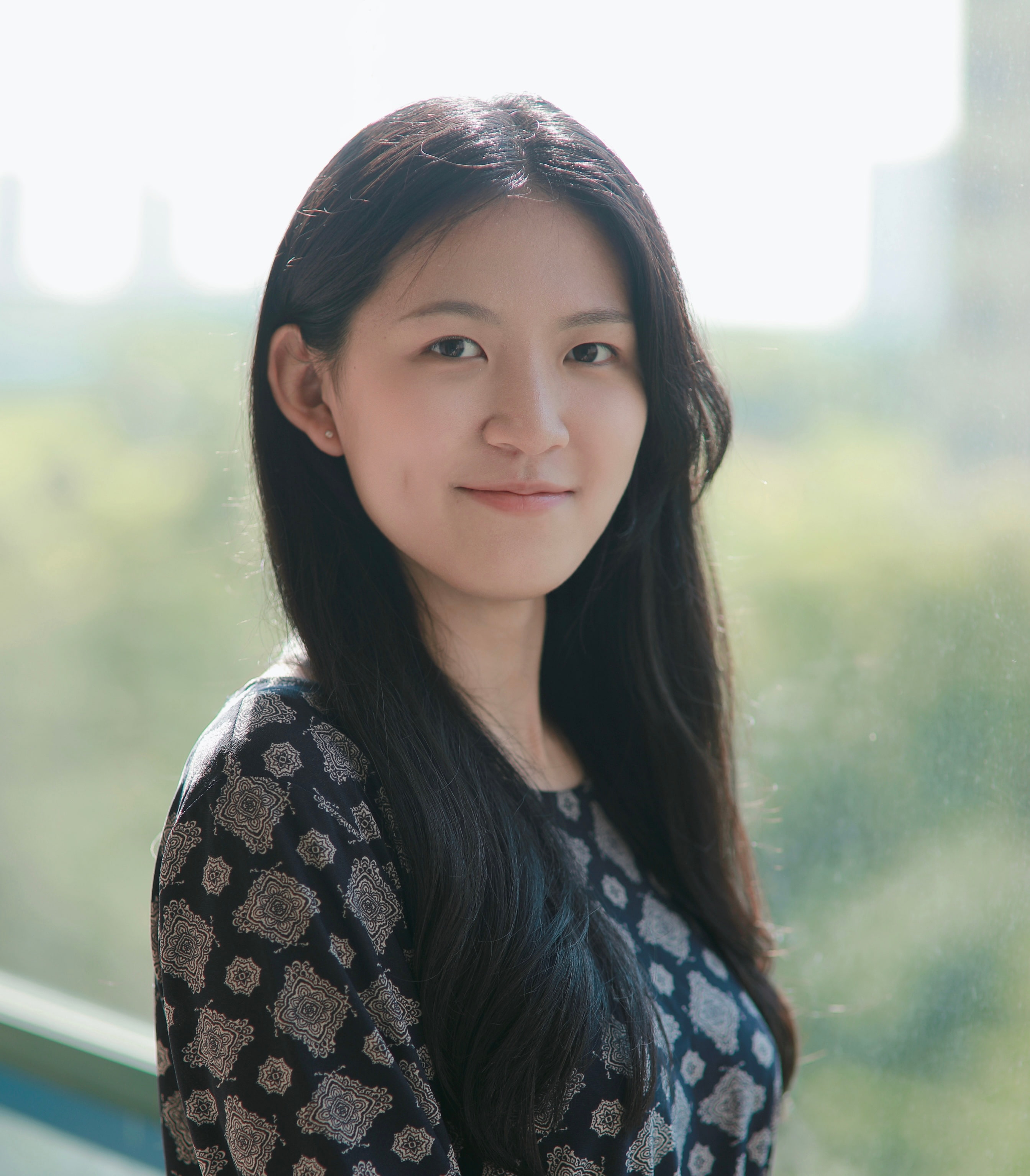
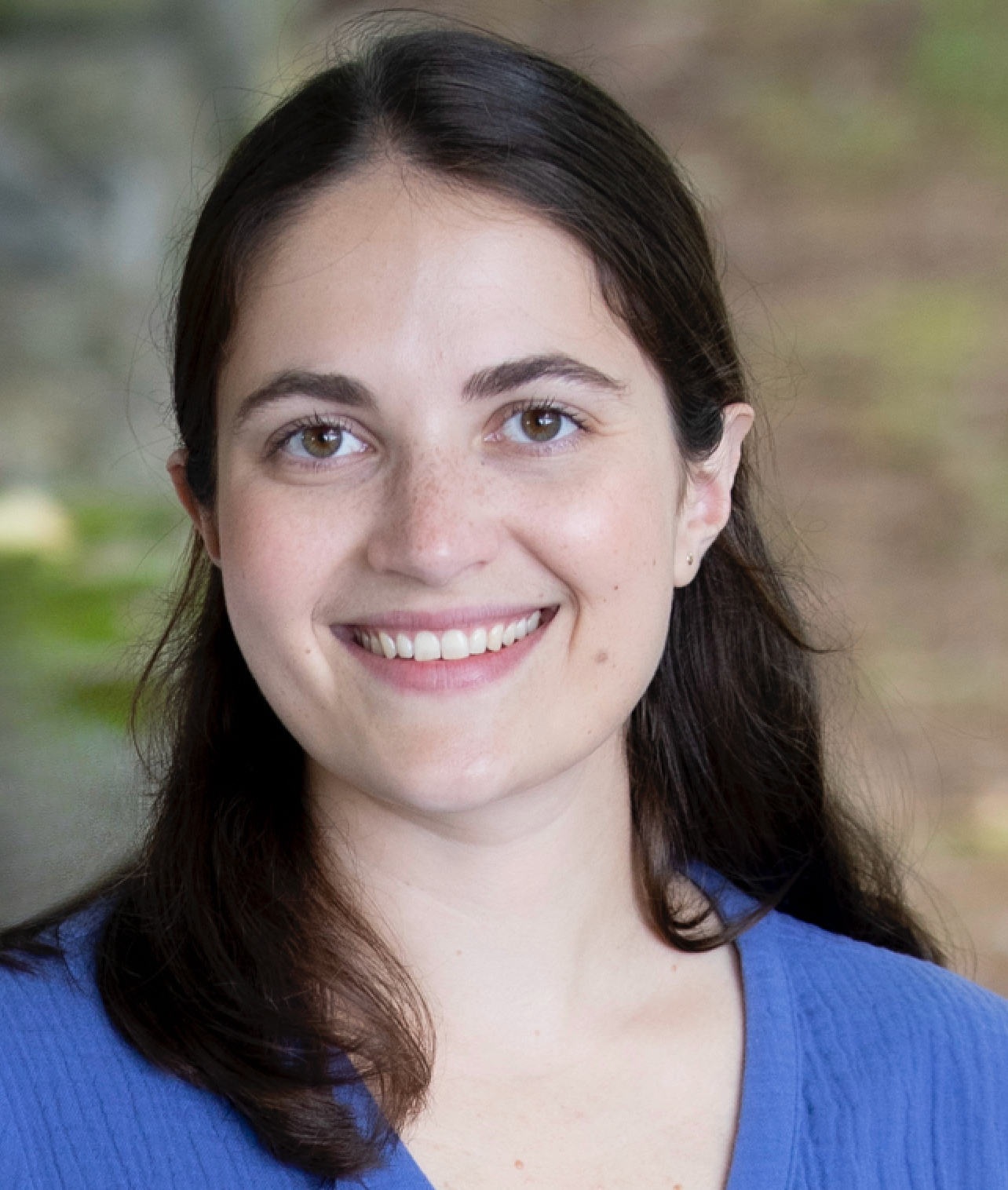
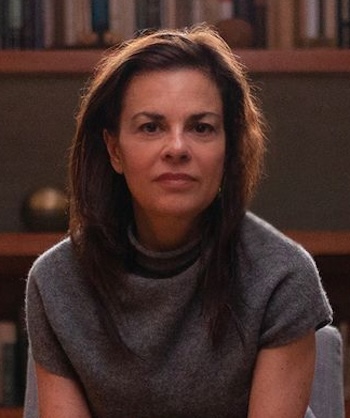
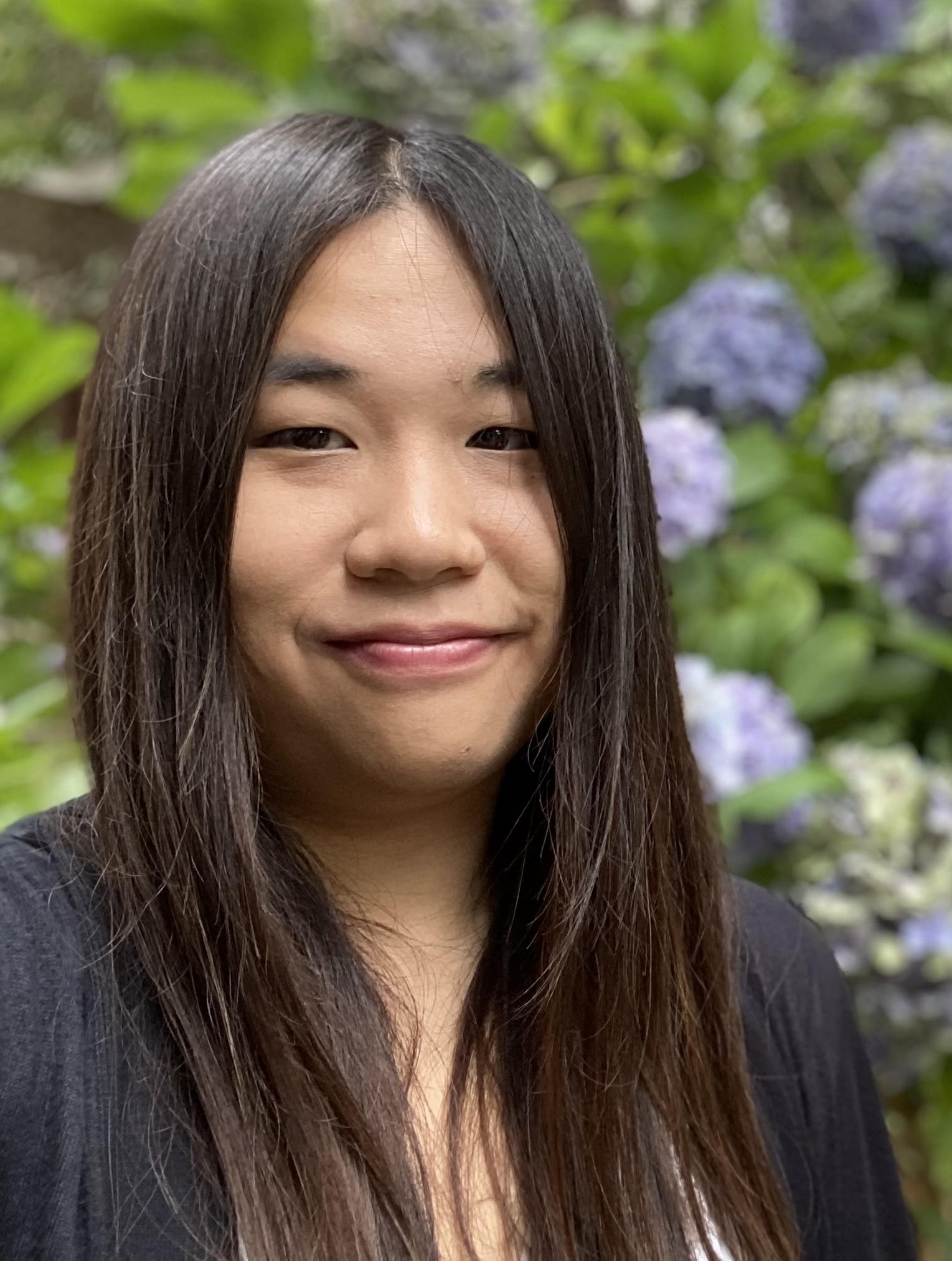
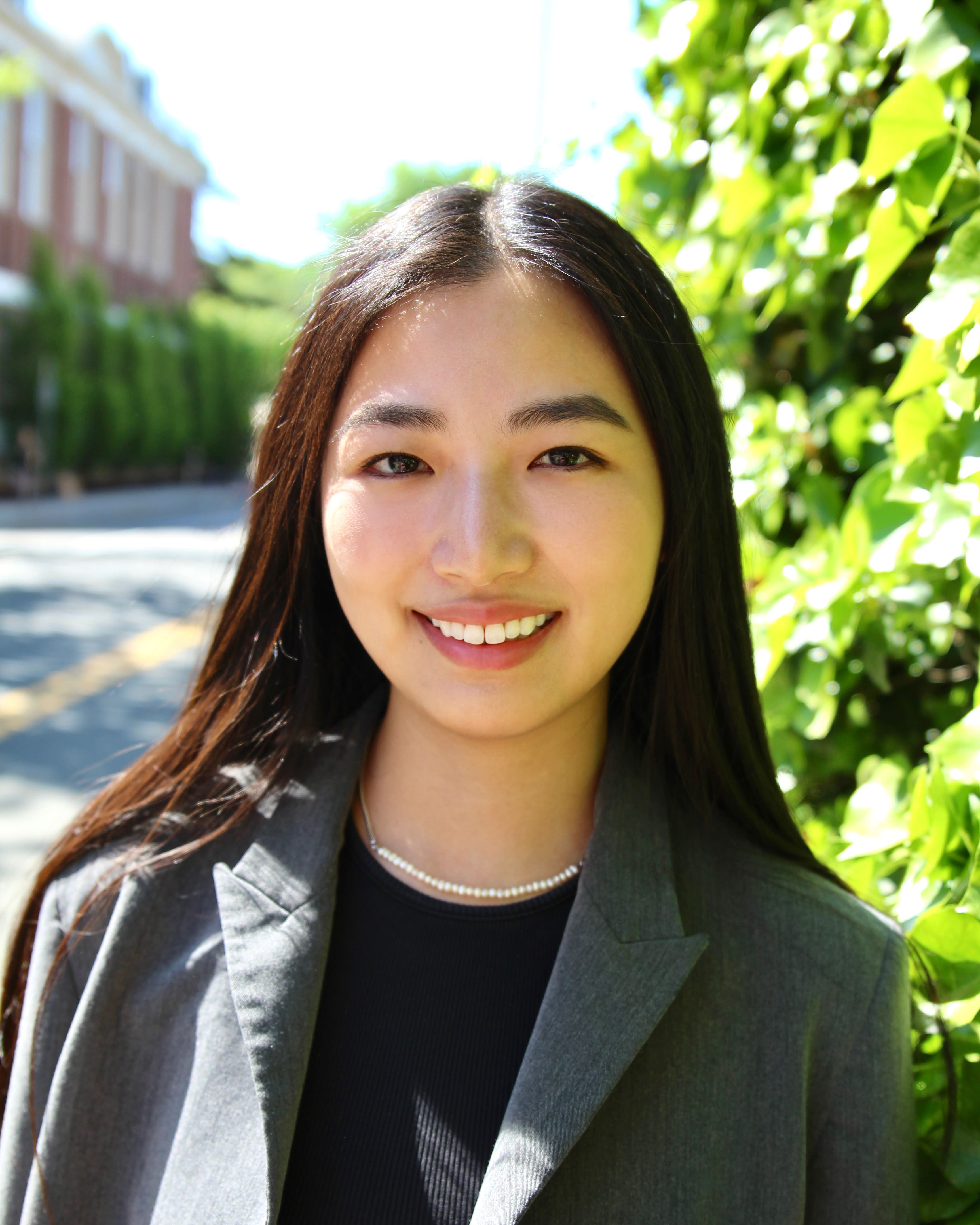
.Xue.jpg)






